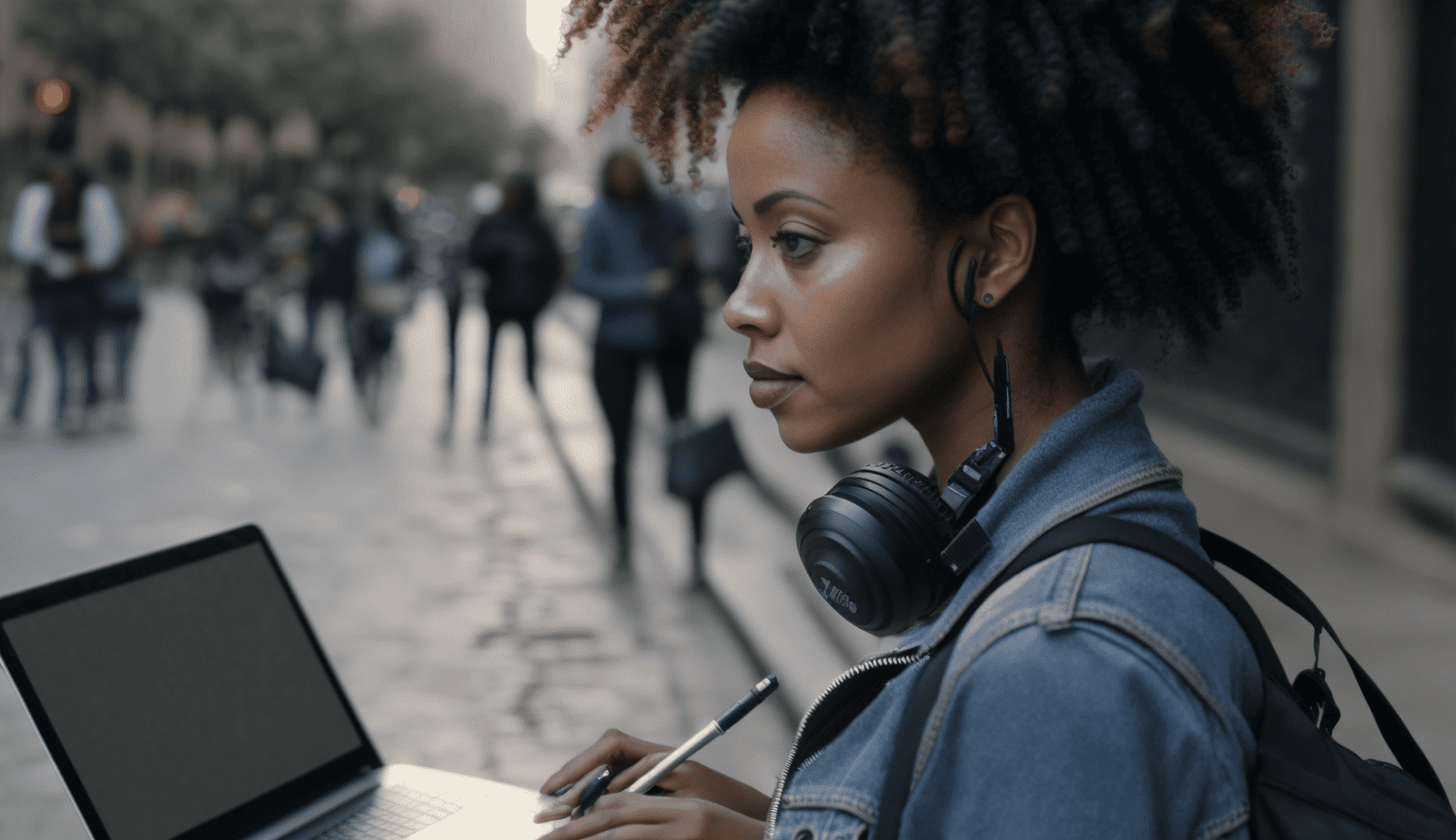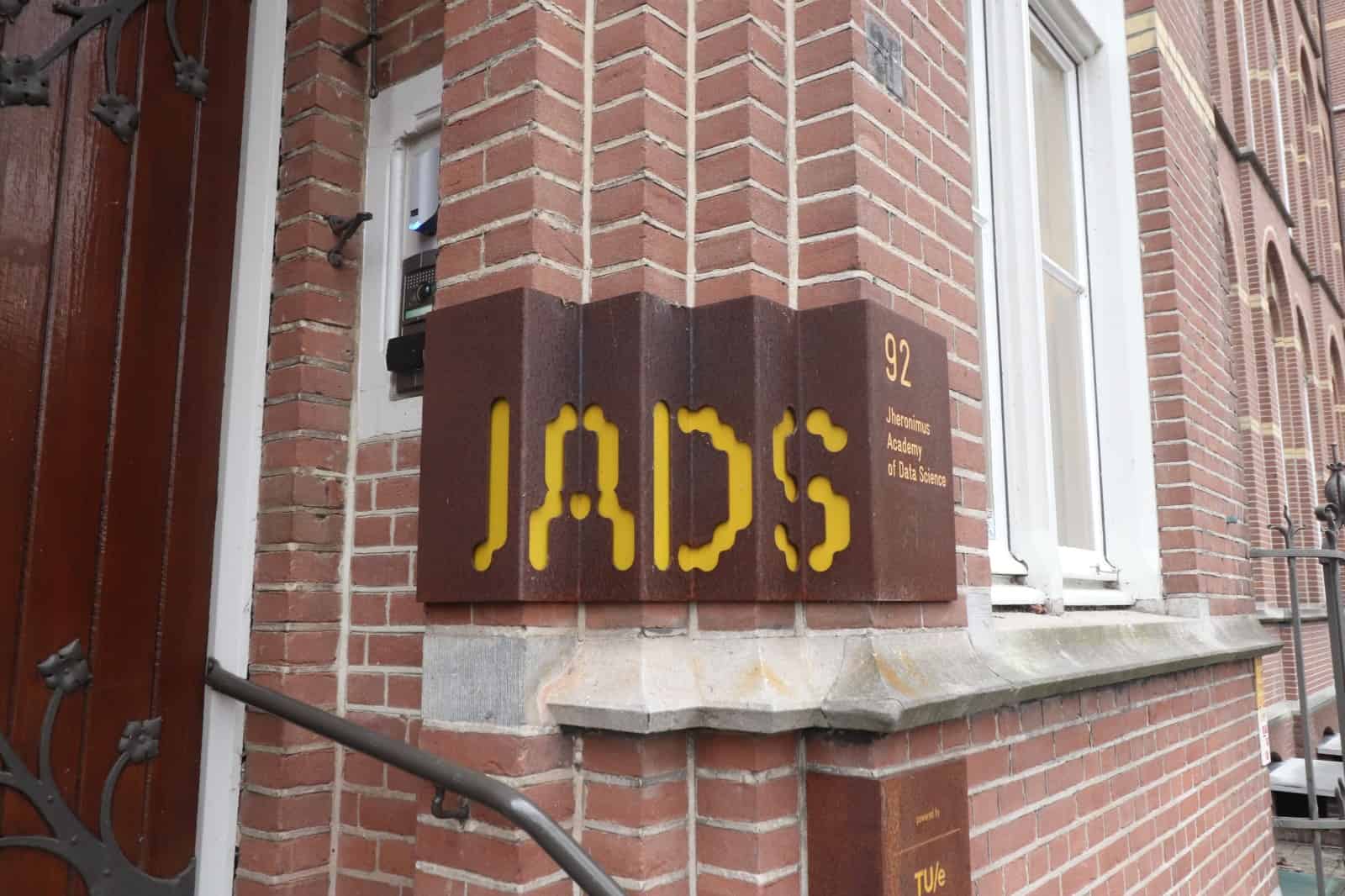
Neil Young pulled his music from Spotify this week because the company is spreading fake news about corona via Joe Rogan’s podcast. Spotify responded by creating a special ‘COVID-19-Hub’ to direct people to accurate sources of information. By doing this, Spotify is following the irresponsible example of its Big Tech friends. After all, the damage has already been done and such a hub gives the company only the semblance of social responsibility without really having to take responsibility.
Meanwhile, we see more and more often and in ever more concrete terms the excesses of Big Tech’s irresponsibility. Although that particular torch-bearing extremist was by no means the first conspiracy theorist to threaten politicians, he was the straw that broke the camel’s back. The response from the government in the Hague is, unfortunately, very feeble. A committee has been set up that is supposed to investigate the effects of radicalization and polarization and formulate recommendations ‘on how to better defend democracy against extremism, radicalization and polarization’. As understandable as this Hague approach may be, the commission is diverting attention from the steps that need to be taken now to force social media – the catalysts of polarization and radicalization – to be accountable.
Extreme ideas
That radicalization and polarization can have disastrous effects on democracy should come as no surprise anymore. The storming of the US Capitol barely a year ago was the ultimate example of what can happen when power-hungry politicians take advantage of polarization and radicalization that is fuelled by social media. Twitter and Facebook may have thrown Trump off their platforms, but the fostering of extreme ideas is still going on under the radar.
Politicians in the Netherlands are also taking advantage of the social climate that Silicon Valley has created. With the low point being a political party that openly expresses conspiracy theories in the Dutch House of Representatives. Unfortunately, that is only the tip of the iceberg. Politicians who know how to make the most out of #ophef (#outcry) are soaring in the polls, while nuanced opinions are falling further and further by the wayside. Thanks to social media, and the talk show hosts who tailor their invitation policy accordingly, strong opinions count far more than achieving actual results. At the same time, more people are losing faith in politics when those results fail to materialize.
Fake news
Thanks to Facebook whistleblower Frances Haugen, we know that the algorithms of Facebook (Meta) are configured to favor extreme content. After all, that generates higher levels of engagement, which means people linger longer, see more ads and Facebook makes more money. Incidentally, the same holds true for Youtube, according to research by the Mozilla Foundation. The ‘recommendations algorithm’ stimulates the spread of fake news and extreme content, leading to polarization and radicalization. Apparently Spotify now also goes for money over social responsibility.
This discussion is not new. In fact, The European Commission already announced at the end of 2020 two laws to address exactly this problem: the Digital Services Act and the Digital Markets Act. This legislation tackles the disproportionate market power of Big Tech and enforces transparency about how their algorithms work and the effects they have on our democracy. Meanwhile, both laws are at an advanced stage and should be adopted sometime over the next six months after consultation between the European Parliament and the European Council.
Also interesting: The influence of Facebook on freedom of information
This does mean, however, that the government needs to work NOW to ensure that both laws contain effective safeguards to counter polarisation and radicalisation. The House of Representatives should not lose itself in creating new committees and investigations, but instead provide a robust mandate to the Secretary of State for Digitalization (who, of course, should not call herself a minister for no reason abroad). That is the only way to force Big Tech into shouldering their responsibility and to help Neil Young find a better alternative for his music than that other tech giant, i.e., Amazon.







